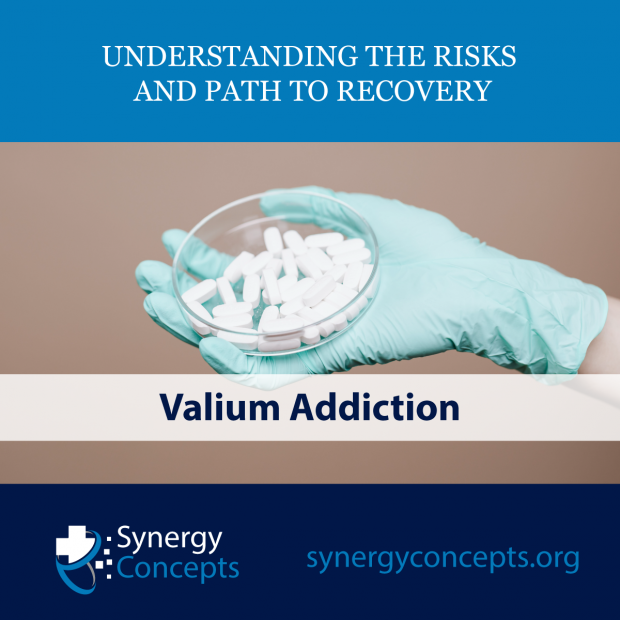COVID-19 is creating some chaos for the addiction treatment world and you need to be ready for a post COVID environment. These days we are stressing from economic uncertainty, political uncertainty, policy unknowns, and uncertainty about the course of the novel coronavirus itself. Current studies are pointing to a massive surge in substance abuse in the United States. Because of this, overall admissions in treatment are down because of social isolation and concerns about safety. Some surveys are finding that 64% of addiction treatment centers are currently reporting revenue losses directly tied to the pandemic.
In this article, we discuss what you can do at your addiction treatment center to address the pandemic from a public health and economic health perspective. Handling and adjusting to constant changes, including differences in COVID-19 mandates and mask requirements from state to state, makes the future difficult to predict and prepare for.
When COVID-19 is finally “over” and life no longer revolves around mitigating the risks associated with this virus, what happens next?
What is your addiction treatment center doing to prepare for the post COVID world?
Here are 4 things to prepare for in the addiction treatment community and give you suggestions on what your facility can begin to do to prepare for what comes next.
- Telehealth is Here to Stay
- National Trauma & Delayed Care = Increase of Substance Abuse Disorder Patients
- Medication-Assisted Treatment Will Increase
- Decriminalizing Drugs Leads To Fewer Court-Mandated Patients
Telehealth Is Here to Stay

In the wake of the pandemic, many addiction treatment facilities and rehab centers are shifting to rely heavily on telehealth services. Many are also still offering in-person services, and in some cases, that level of care is absolutely necessary. But for those patients where telehealth is appropriate, it makes sense to improve social distancing. This helps staff and patients by keeping unnecessary visits down.
The US Department of Health and Human Services renewed their COVID-19 emergency declaration last July, extending changes to healthcare rules that allow for the reimbursement of telehealth services for members of certain healthcare programs. Private insurers have also shifted to embracing telehealth coverage for patients during the pandemic.
Within the addiction treatment community, the migration to telehealth happened quickly in response to the pandemic, despite a long resistance to stay with face-to-face care. Despite concerns, most addiction treatment centers have seen no decrease in productivity or program effectiveness. Many addiction treatment facilities have reported a marked decrease in no-shows.
It is reasonable to expect the trend towards telehealth to continue after COVID-19 as patients and providers gain a level of comfort with the modality. With the ease of access to a healthcare professional from home, this telehealth trend is sure to stay.
If your facility is struggling with telehealth delivery, now is the time to address that problem. Be sure that your addiction treatment center is set up with the best revenue cycle and medical billing platform to handle the job.
National Trauma & Delayed Care = Increase of Substance Abuse Disorder Patients

It doesn’t take an addiction treatment professional to know that the national stress and trauma of the COVID-19 pandemic – as well as the economic and political stress that goes along with it – will cause more people to turn to drug abuse than ever before. Research is already showing that rates of addiction are increasing at a rapid rate in response to the difficulties we are all experiencing right now. Even more devastating is people in recovery are finding themselves relapsing as the routines and support structures they rely on are compromised by the pandemic.
We can and are expecting a huge wave of addiction treatment patients due to the increase in behavioral health trauma from this pandemic. For addiction treatment centers, that means planning for a huge influx of patients at a time when cash flow is slowing to a trickle. It’s an impossible position to be in, but preparing and being ready will help.
What low-cost improvements can your organization make right now to help prepare for that eventual bump in admissions? Is making new hires and acquiring new properties is out of the question? Focus on tightening up what you already have. Updating your financial reporting to a third party is a great way to improve efficiency and productivity without investing too much capital.
Medication-Assisted Treatment Will Increase, Post COVID

Restrictions regarding Suboxone and Methadone are a lot looser, now. Patients are proving that they can handle the responsibility of take-home medications, despite the risks of diversion and abuse. It will be very difficult to go back to the older, more strict MAT rules. Especially now that Medication-Assisted Treatment (MAT) patients and providers are becoming used to skipping the frequent in-clinic visits. It seems likely that this is the “new normal” when it comes to MAT. It is likely that more patients will request these evidence-based medicines to help with their opioid addiction. With the rules relaxed and barriers removed, it makes sense.
If your addiction treatment program uses an abstinence-only method, now is the time to reconsider your approach. While many organizations rely on the abstinence-only method, it could turn possible patients away from your clinic. This could result in a loss of revenue. Now would be a good time to expand your methods to include MAT methods.
Decriminalizing Drugs Leads To Fewer Court-Mandated Patients

Oregon is the first to decriminalize possession of all drugs of abuse. Drug Policy Alliance is the national non-profit behind the Oregon measure. The organization is set on passing more legislation to decriminalize drugs in other states. Regardless of what you believe personally about decriminalization, the effects on the addiction treatment industry remain the same.
In states that legalize drugs, we will see fewer court-ordered treatment patients.
Because many addiction treatment centers rely heavily on the justice system for new admissions, these changes could be problematic.
Does your addiction treatment facility primarily rely on court-ordered treatment patients? You will need to begin thinking about how you will pivot in response to this change. You could improve your outreach efforts to certain communities or plan on investing in advertising campaigns. Your addiction treatment facility can even shift its focus to a different niche within addiction treatment. Keep an eye out for developments in your state and plan accordingly.
Post COVID and Now, We Are Here To Help
At Synergy Concepts, we commit to supporting the addiction treatment and behavioral health communities through this troublesome time. Our revenue cycle management solution is designed especially for addiction treatment providers just like you. We continue to work with our clients in response to the changing substance abuse treatment environment. This is so you can forget about medical billing and focus on providing the best care to your patients. Contact us now to see how we can help your addiction treatment facility thrive today and prepare for post COVID.













Leave a Reply